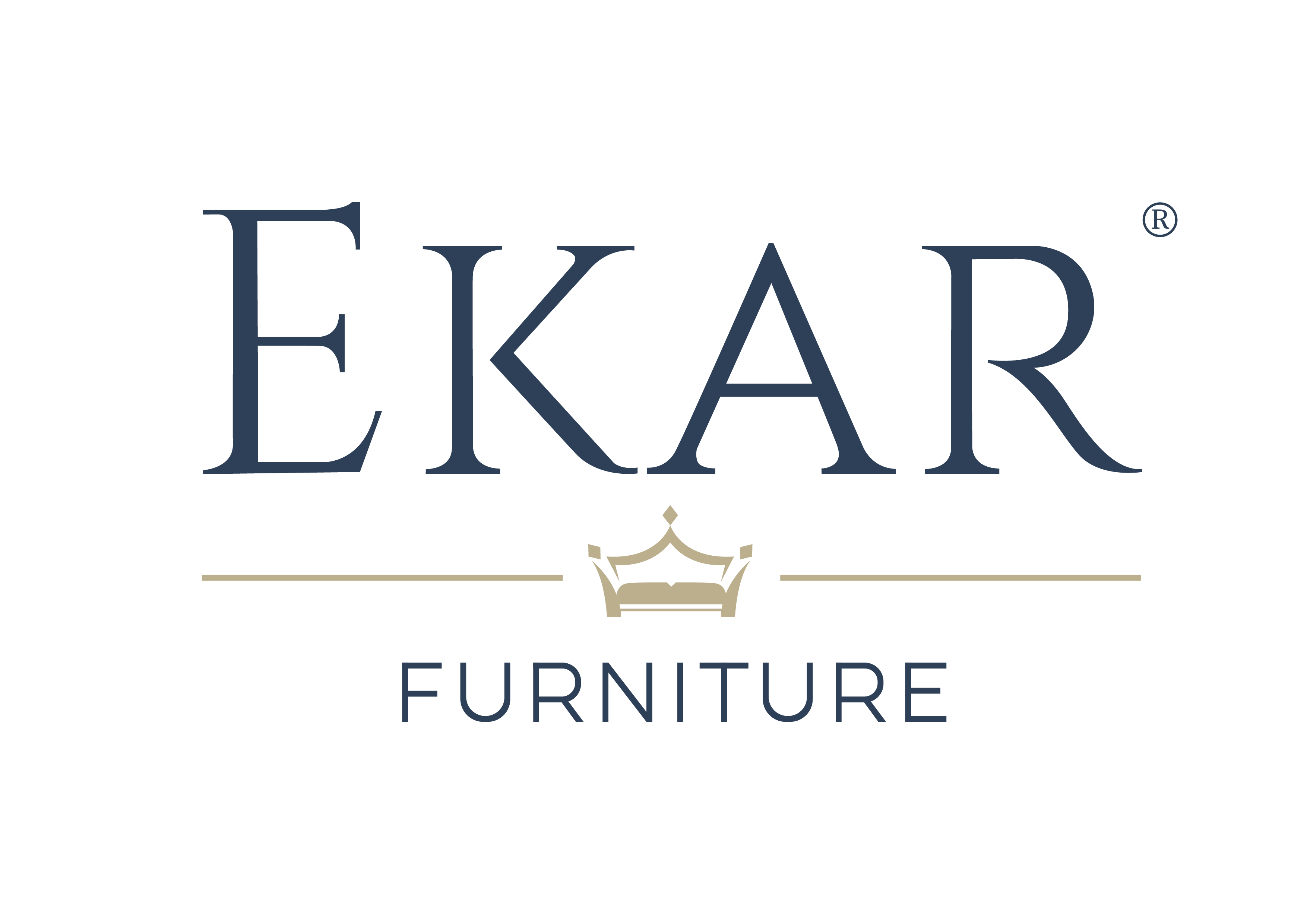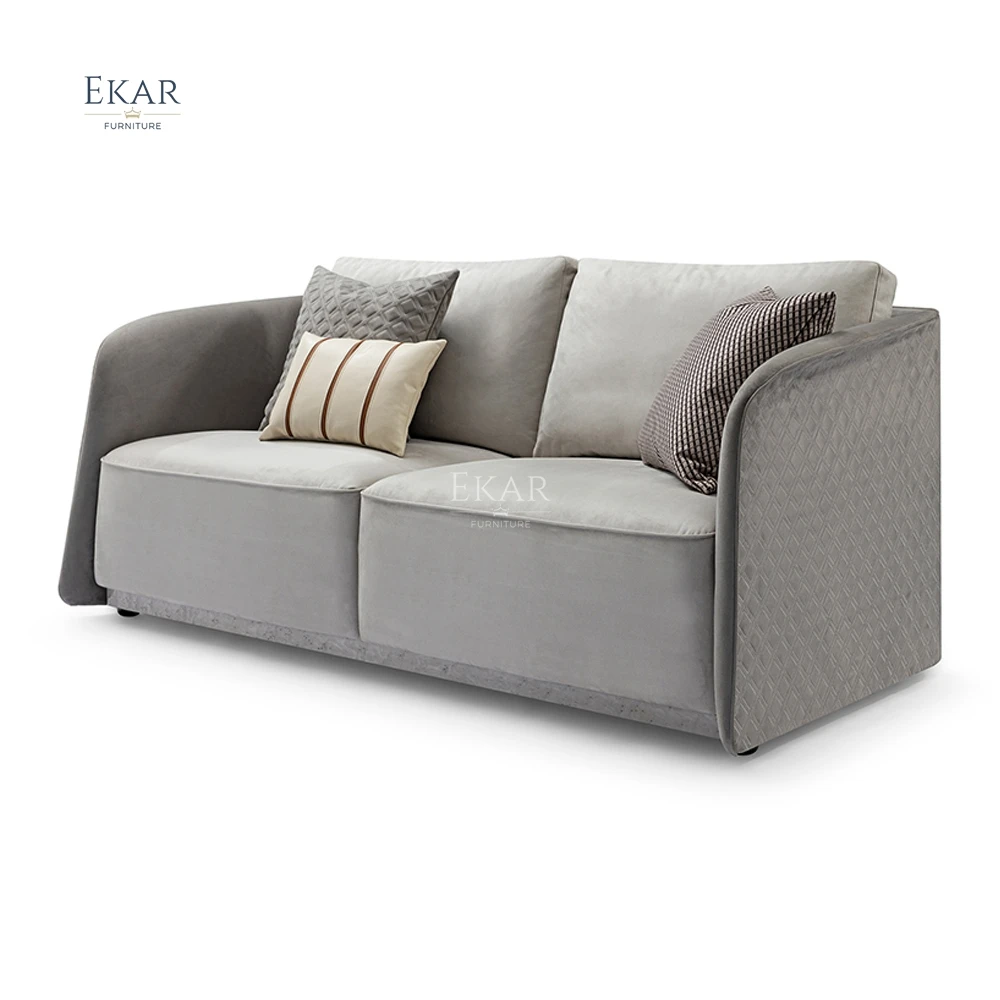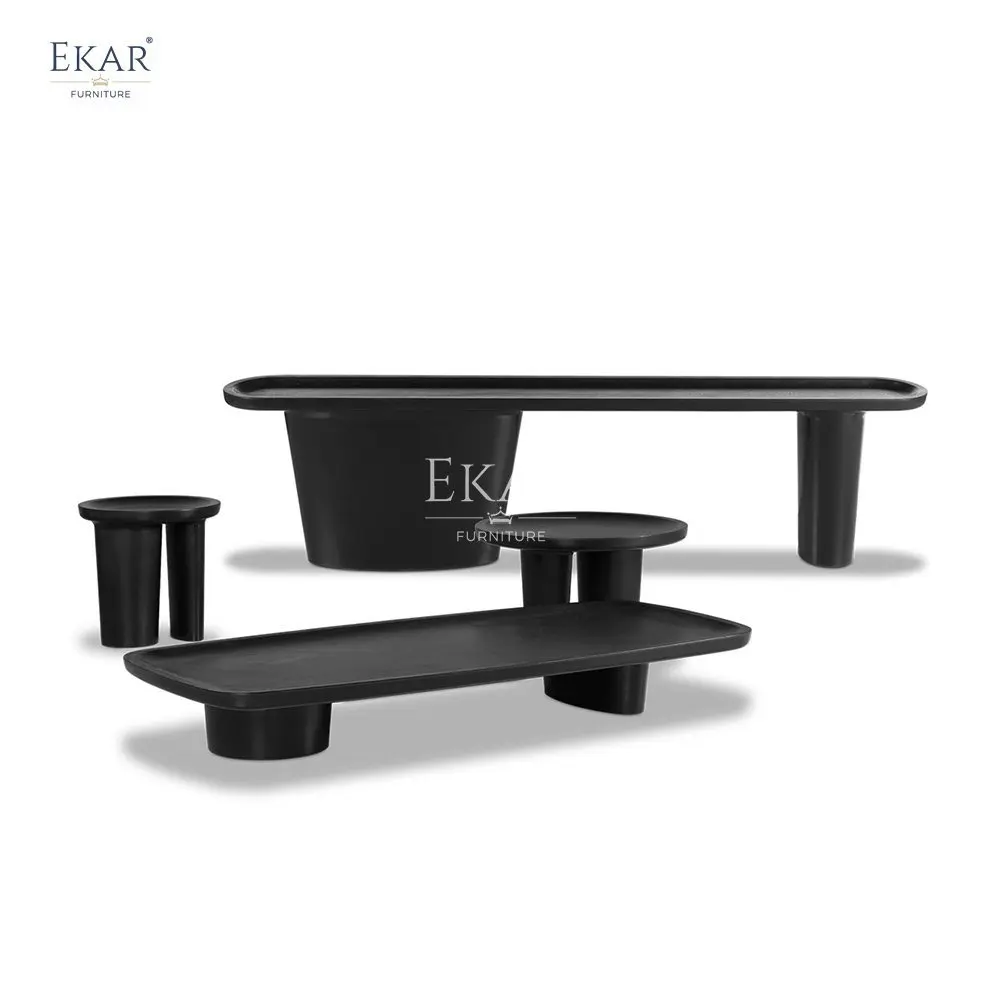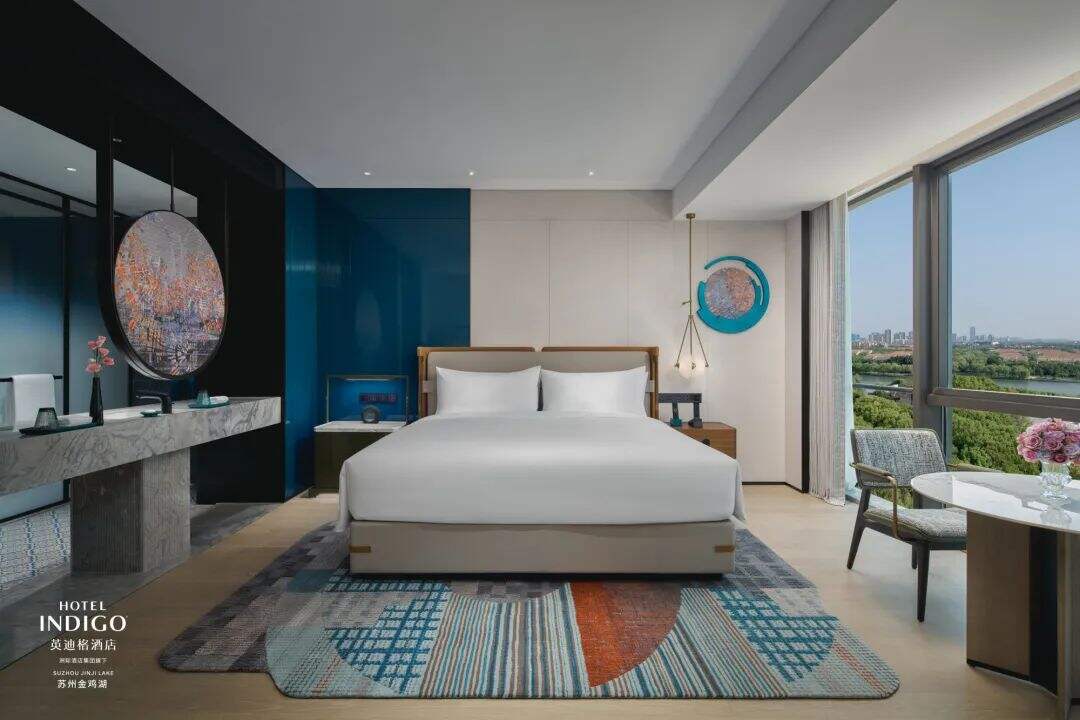
In the realm of hotel furniture manufacturing, sustainable materials are paramount as they ensure minimal environmental impact from sourcing to disposal. These materials are defined by several key factors, including renewable sourcing, recyclability, and the absence of harmful chemicals. Organizations such as the Forest Stewardship Council (FSC) provide guidelines to certify these attributes, ensuring that materials meet high sustainability standards. Additionally, evaluating the impact of production processes on carbon footprint and resource depletion is essential. Tools like Life Cycle Assessment (LCA) offer empirical data on these metrics, helping manufacturers make informed decisions to enhance sustainability.
Sustainable materials are those that have the lowest possible environmental impact over their entire life cycle. The most significant characteristics of these materials include renewable sourcing, which means the material is sourced from replenishable resources, and recyclability, which ensures that the material can be reprocessed and reused. It's also critical that these materials are free from harmful chemicals, which can be verified through standards set by organizations like the FSC. The sustainability of a material is closely tied to the production processes used, as these can greatly affect a material's carbon footprint and potential resource depletion. Life Cycle Assessment (LCA) tools provide valuable data to support these sustainable practices, promoting a more eco-friendly approach in the manufacturing of hotel furniture.
Luxury hotel furniture that aligns with eco-friendly values often utilizes top sustainable materials like FSC-certified wood. This type of wood not only offers a renewable option but also enhances the hotel’s eco-conscious branding. Alternatively, bamboo and cork are rapidly renewable materials known for their fast growth and durability, making them ideal for sustainable furnishings. Additionally, recycled metals and plastics open up creative design possibilities while ensuring durability, showcasing the innovative aspect of sustainability. Selecting these materials allows hotels to create luxurious environments that reflect a commitment to sustainability while also appealing to guests who prioritize eco-friendly accommodations.
Sustainable hotel furniture plays a crucial role in minimizing environmental impact in the hospitality industry. By reducing waste and encouraging recycling, sustainable furniture contributes significantly to reducing landfill usage. Recycling rates statistics support this by showing a consistent improvement in waste management, which directly correlates with the use of eco-friendly furniture options. Furthermore, the use of sustainable materials is instrumental in lowering the carbon footprint during the manufacturing phase, a benefit substantiated by numerous Life Cycle Assessment (LCA) studies. These studies demonstrate that eco-friendly production processes contribute to resource conservation, establishing a compelling case for sustainable hotel furniture choices.
Incorporating sustainable furniture is not only an environmental decision but also a strategic brand choice. As consumer studies have shown, a significant segment of the market now prioritizes brands with eco-friendly practices, and hotels that align with this demand can enhance their brand reputation. By adopting sustainable practices, hotels can effectively boost customer loyalty and improve their brand image. Marketing campaigns that emphasize sustainability positioning appeal to environmentally conscious guests and motivate positive purchasing decisions. This trend is evident in studies demonstrating increased consumer willingness to pay premiums for products and services that are sustainable, making it a vital strategy for modern hospitality brands.
Investing in sustainable furniture offers long-term cost efficiency through enhanced durability, outweighing initial expenses. Sustainable furniture tends to surpass conventional options in terms of longevity, supported by warranty data indicating lower replacement rates. These eco-friendly pieces require less frequent replacement, justifying the higher initial investment. Moreover, high-quality, sustainable materials are associated with reduced maintenance costs, contributing to overall financial efficiency in the long run. The focus on durable construction and materials ensures that sustainable furniture not only benefits the environment but also serves as a wise economic decision for hotel operators looking to optimize budgets and resources effectively.
Boutique hotels have been at the forefront in utilizing recycled materials to create stunning and sustainable designs. These hotels offer a glimpse into how the hospitality industry can innovate by marrying sustainability with aesthetics. For instance, the Hotel Bardo in Texas uses upcycled wood and metal, transforming discarded materials into beautiful furniture and fixtures. Empirical data from such initiatives demonstrate a significant reduction in carbon footprint, appealing to eco-conscious consumers. These successes highlight the potential for the hospitality sector to reduce environmental impact through resourcefulness and creativity.
Modern hotel design increasingly emphasizes the blend of aesthetic appeal with sustainability, creating spaces that are both beautiful and environmentally friendly. This trend is evident in the use of materials like reclaimed wood and bamboo, which offer both durability and aesthetic versatility. Market trends show that travelers today are drawn to hotels that reflect eco-friendliness without sacrificing luxury or comfort. For example, the incorporation of sustainable materials along with cutting-edge design principles can result in striking interiors that capture the essence of modern luxury while staying true to ecological principles. This approach not only meets the expectations of contemporary travelers but also sets the stage for future-forward hospitality environments.
The Italian Style Light Luxury Fabric Sofa by Ekar showcases minimalist elegance using sustainable materials, perfectly aligning with the ethos of modern luxury hotels. At the heart of this design is the use of eco-friendly fabrics, which are chosen not only for their beauty but also for their environmental benefits. These materials, such as certified organic fabrics, avoid harmful chemicals and offer durability, paving the way for sustainable upholstery. For hotels aiming to elevate their interior designs, this sofa provides a seamless blend of luxury and sustainability, ideal for appealing to eco-conscious guests. As a part of the 'hotel furniture for sale' niche, hotels can easily integrate stylish pieces while ensuring they remain environmentally responsible.

The Modern Vintage Metal & Marble Sofa Back Table combines the timeless charm of vintage aesthetic with eco-conscious design choices. Ekar's selection leverages sustainable materials like marble, recognized for its minimal environmental impact, paired with responsibly sourced metals. Such durable and elegant materials ensure that this furniture piece not only captivates visitors but aligns with modern sustainability goals. This table is tailored for hotels that strive to offer unique statement pieces reflecting a commitment to sustainable practices. By bridging vintage appeal with modern eco-friendly values, this table stands out as a stellar example of 'luxury hotel furniture'.

Ekar's Hotel Indigo Suzhou Bedroom Collection is an exemplary blend of style infused with sustainable materials. This collection showcases the potential to transform hotel room environments through eco-friendly choices, utilizing materials such as sustainably sourced woods and other natural elements. With a focus on durability and timeless design, it enhances guest experiences while supporting sustainability goals crucial for modern hospitality. Serving as a model within the 'hotel room furniture' category, these pieces ensure that hotels not only deliver comfort but also resonate with the global shift towards eco-friendly accommodations.

Plastics and composite materials are often marketed as eco-friendly, but their sustainability claims can be misleading. Many experts highlight that these materials lack transparency in their production processes and sourcing. Microplastics, a byproduct of conventional plastic usage, cause significant environmental harm and have even been detected in water sources near hotels, raising concerns about the ecological impact [source: Journal of Environmental Science]. The hospitality industry must reconsider these materials, as the demand for genuine sustainable options continues to rise among environmentally-conscious travelers.
The use of non-certified tropical hardwoods poses significant sustainability risks. Many of these woods contribute to deforestation and ecological harm, underscoring the necessity of Sustainable Forestry certification for ethical sourcing practices. According to statistics, about 31% of tropical forest loss is attributed to illegal logging [source: World Wildlife Fund]. Hotels striving for sustainability should emphasize cautious material selection and opt for certified woods to mitigate environmental repercussions and foster responsible resource management.
Traditional upholstery options often include harmful chemicals that negatively affect indoor air quality in hotels. Such chemicals linger in the environment, harming air quality and posing health risks to guests and staff. Health organizations, like the American Lung Association, stress the importance of selecting safer alternatives that reduce chemical emissions, further enhancing the guest experience with healthier indoor environments. To truly reflect an eco-conscious ethos, hotels must prioritize sustainable fabric choices for their furnishings.